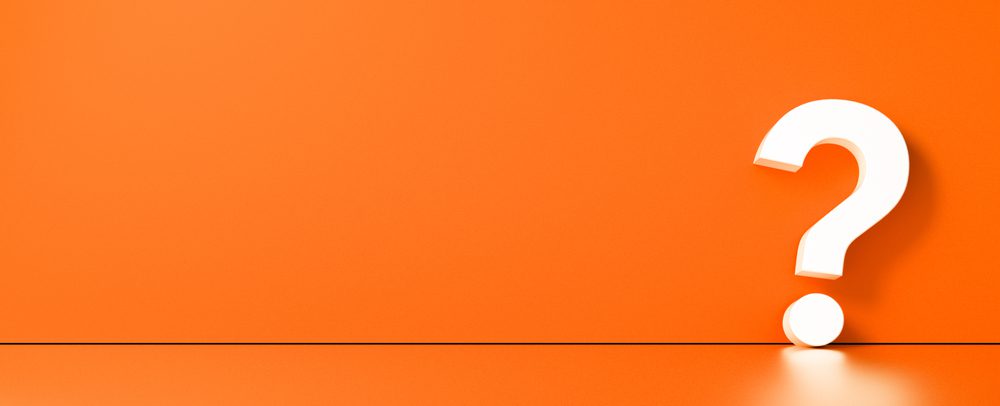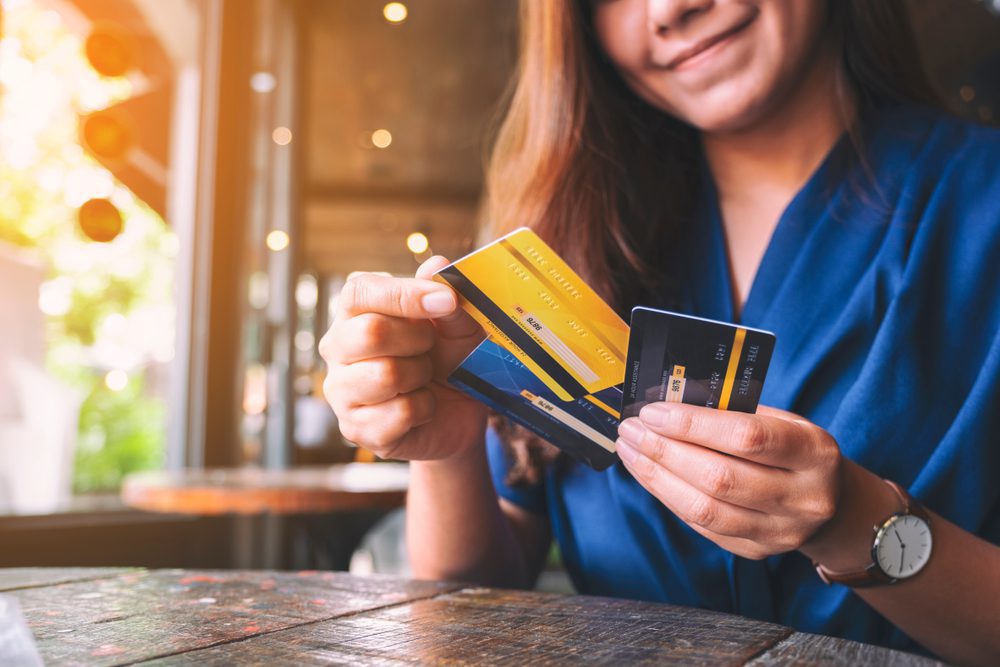Advertiser Disclosure: Many of the companies featured here provide compensation to us. This is how we maintain our free service for consumers. Compensation, along with hours of in-depth editorial research, determines where & how companies appear below.
Debt is a burden that many people carry, and it can be especially stressful for mothers who are trying to provide for their families. With Mother’s Day approaching, there is no better time to take control of your finances and start on the path to becoming debt-free. This ultimate debt snowball out guide will provide you with the tools and resources you need to crush your debt and enjoy a brighter financial future.
Understanding Debt
Before you can tackle your debt, it’s important to understand what it is and how it accumulates. There are several types of debt, including credit card debt, student loan debt, loans, and mortgages. Debt accumulates when you borrow money and are unable to pay it back in full. This leads to interest charges and fees that can add up quickly and make it difficult to pay off your debt.
The negative effects of debt on personal finances are numerous. Debt can lead to stress, anxiety, and depression. It can also prevent you from achieving your financial goals, such as buying a home or saving for retirement. In addition, debt can negatively impact your credit score, making it more difficult to obtain loans or credit in the future.
Develop a Debt Repayment Plan

The first step in getting out of debt is to develop a repayment plan. This involves reviewing your income and expenses and identifying which debts to pay off first. It’s important to create a budget and stick to it, which will help you prioritize your debt payments and avoid overspending.
When reviewing your income and expenses, be sure to include all sources of income, such as your salary, bonuses, and any side hustles. Identify your fixed expenses, such as rent or mortgage payments, utilities, and car payments. Then, identify your variable expenses, such as groceries, entertainment, and clothing.
Once you have a clear understanding of your income and expenses, you can start to prioritize your debt payments. Focus on paying off high-interest debts first, such as personal loans such as credit card debt, as this will save you money in the long run.
Ways to Increase Income
Increasing your income can be an effective way to pay off debt faster. Consider taking on a part-time job or freelancing to earn extra money. You can also sell unwanted items online or in a garage sale to generate additional income.
If you’re currently employed, consider negotiating a salary increase. This can be a daunting task, but it’s important to remember that you are worth it. Do your research and come prepared with data and examples of your contributions to the company.
Cutting Expenses
Reducing expenses is another effective way to pay off debt faster. Start by looking for ways to lower your grocery costs, such as meal planning and buying generic brands. Eliminate unnecessary subscriptions and memberships, such as gym memberships or magazine subscriptions. Lower your utility bills by turning off lights and electronics when not in use and lowering your thermostat.
Credit Counseling and Debt Consolidation
Credit counseling and debt consolidation are two options to consider if you’re struggling to manage your debt. Credit counseling involves working with a professional to develop a debt repayment plan and budget. Debt consolidation involves combining multiple debts into one loan with a lower interest rate. This can make it easier to manage your debt and make payments.
While both options can be effective, it’s important to weigh the advantages and disadvantages before making a decision. Credit counseling can be expensive and may not be the best option for those with a lot of debt. Debt consolidation can also be expensive and may not be the best option for those with poor credit scores.
Managing Credit Cards

Credit cards can be a useful financial tool, but they can also lead to debt if not managed properly. To pay off credit card debt faster, consider using the debt snowball method first, which involves paying off the smallest balance first and then moving on to larger balances. You can also use balance transfer cards to consolidate your debt and take advantage of lower interest rates.
To save money and avoid accumulating more credit card debt, control your spending by setting a budget and sticking to it. Consider using cash or a debit card instead of a credit card for everyday purchases.
Choosing the Best Debt Payoff Strategy
There are several different debt payoff strategies to choose from, including the snowball method, debt avalanche method, and hybrid method. The snowball method involves paying off the smallest balance first, while the avalanche method involves paying off the debt with the highest interest rate first. The hybrid method combines elements of both strategies.
When choosing the best debt payoff strategy for you, consider your personal preferences and financial situation. It’s important to choose a strategy that you can stick to and that will help you achieve your financial goals.
Staying Motivated and Focused

Paying off debt can be a long and challenging process, but it’s important to stay motivated and focused on your goal. Celebrate small successes along the way, such as paying off a credit card or reducing your grocery bill. Find support from friends and family members who can offer encouragement simple tips and accountability.
Finally, stay committed to your goal by reminding yourself of why you’re working to become debt-free. Whether it’s your financial health, providing a better life for your family or achieving financial freedom, keeping your motivation in mind can help you stay on track.
Conclusion
In conclusion, getting out of debt fast for Mother’s Day is possible with the right tools and resources. By understanding debt, developing a debt repayment plan, increasing income, cutting expenses, and choosing the best debt payoff strategy, you can take control of your finances and enjoy a brighter financial future. Remember to stay motivated and focused on your goal, and don’t be afraid to seek support and guidance along the way.
Frequently Asked Questions

What is the first step in getting out of debt fast?
The first step in eliminating debt and getting out of debt fast is to create a budget and stick to it. This will help you to understand your income, expenses, and debts and develop a plan to pay off your debts.
How can I prioritize my debts when trying to get out of debt fast?
You can prioritize your debts by making a list of all your debts and their interest rates. Start paying off the debt with the highest interest rate first, while making minimum payments on the others. Once the highest interest debt is paid off, move on to the next highest interest debt.
Should I consider debt consolidation as a way to get out of debt fast?
Debt consolidation can be an effective way to get out of debt fast if you have multiple high-interest debts. It involves combining all of your debts into one loan with a lower interest rate, making it easier to pay off your debts.
Is it possible to negotiate with creditors to reduce my debt?
Yes, it is possible to negotiate with creditors to reduce your debt. You can contact them directly and explain your situation, and they may be willing to work out a payment plan or reduce your interest rate.
How can I increase my income to help pay off my debts faster?
You can increase your income by using extra cash, taking on additional work or a part-time job, selling unwanted items, or starting a side business. Any extra income can be used to pay off debts faster.
Should I use my savings to pay off my debts?
It depends on your situation. If you have small debt or high-interest debts and low savings, it may make sense to use your savings to pay off your debts. However, if you have high savings and low-interest debts, it may be better to keep your savings and continue making minimum payments on your debts.
Is it possible to get professional help with debt management?
Yes, there are many professional debt management services available. These mortgage debt and services can help you create a budget, negotiate with creditors, and develop a debt repayment plan.
How can I avoid getting back into debt once I have paid it off?
To avoid getting back into debt, it is important to continue to live within your means and stick to your budget. You should also avoid taking on new debts and consider building an emergency fund to cover unexpected expenses.
Can I still enjoy Mother’s Day while trying to get out of debt fast?
Yes, you can still enjoy Mother’s Day while trying to get out of debt fast. There are many affordable ways to celebrate, such as having a picnic, making a homemade gift, or taking a nature walk.
How long does it typically take to get out of debt?
The time it takes to get out of debt depends on the amount of debt you have, your income, and your repayment plan. With a focused effort and a solid plan for managing debt now, it is possible to get out of debt within a few years.
Glossary
- Debt: The amount of money that a person owes to a creditor or lender, usually with interest.
- Interest: The additional amount of money that a borrower must pay on top of the original loan amount, expressed as a percentage of the principal.
- Credit score: A numerical rating of a person’s creditworthiness, based on their credit history and other financial factors.
- Budget: A plan for managing one’s income and expenses, usually on a monthly basis.
- Fixed expenses: Regular, recurring expenses that do not fluctuate from month to month, such as rent or mortgage payments.
- Variable expenses: Expenses that can vary from month to month, such as groceries or entertainment.
- Debt consolidation: Combining multiple debts into one loan with a lower interest rate and a fixed payment plan.
- Debt settlement: Negotiating with creditors to pay off debt for less than the full amount owed.
- Minimum payment: The smallest amount that a borrower must pay each month on a debt, usually a credit card.
- Snowball method: A debt repayment strategy in which a borrower pays off their smallest debts first, and then applies that payment to larger debts.
- Avalanche method: A debt repayment strategy in which a borrower pays off debts with the highest interest rates first.
- Emergency fund: A savings account set aside for unexpected expenses, such as a medical emergency or job loss.
- Side hustle: A part-time job or gig that a person takes on in addition to their main source of income.
- Frugal living: A lifestyle that prioritizes saving money and avoiding unnecessary expenses.
- Negotiation: The act of discussing terms and reaching an agreement with a creditor or lender.
- Bankruptcy: A legal process in which a person or business declares that they cannot repay their debts and seeks relief from creditors.
- Debt-to-income ratio: A calculation of a person’s debts compared to their income, used to assess their ability to repay debt.
- Grace period: A period of time during which a borrower is not required to make payments on a debt, typically for a credit card or loan.
- Secured debt: A type of debt that is backed by collateral, such as a car loan or mortgage.
- Unsecured debt: A type of debt that is not backed by collateral, such as credit card debt.




